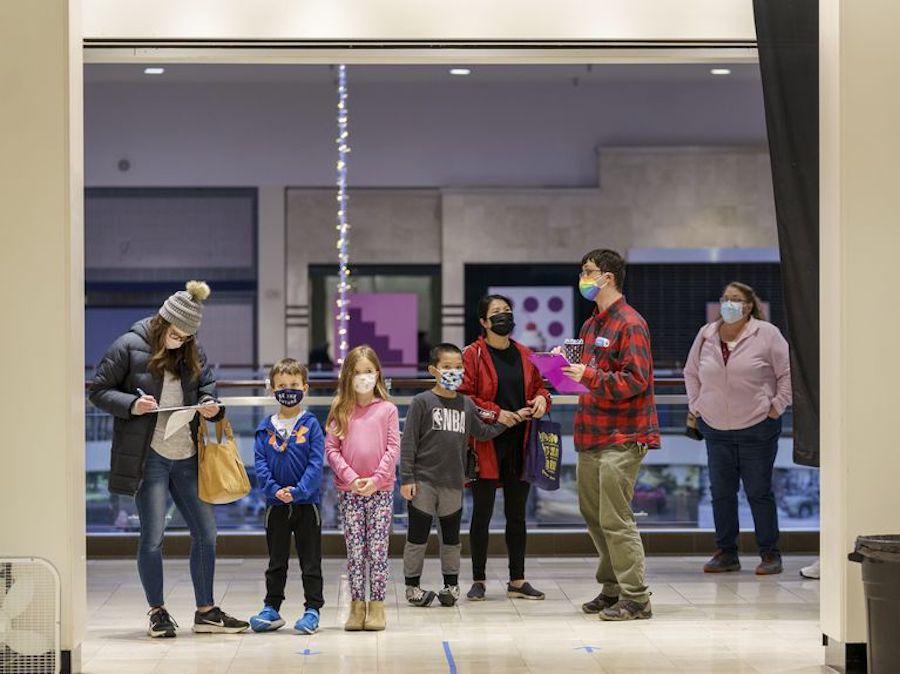
Federal health advisors last week authorized COVID-19 vaccines for children as young as six months old, the last age group to gain access to the vaccine. Some parents are wondering why, nearly a year since the vaccine was first approved for adults, it took this long.
“So with any new product, research usually starts with healthy adults, and this is to establish that the vaccine is safe and works in that group before it starts to expand to other more vulnerable groups,” said Dr. Dawn Nolt, pediatric infectious disease specialist at Oregon Health and Science University. “And usually children are the last of those groups.”
During a Friday press conference alongside state health officials, Nolt also said youngest subjects are the hardest to come by during clinical trials.
“It’s hard to recruit kids for studies,” Nolt said. “We know that parents have been so eager to contribute to science and to have their kids be involved in studies, but still, it’s a lot easier to get thousands of adults over 50 years of age.”
Children are also a lot smaller than adults, so finding the right dosage can be tricky. During clinical trials, researchers have to conduct what’s called “dose ranging,” in which they test different doses against each other to see which ones are the most effective with the least harmful side effects. These tests are usually conducted after researchers have already determined the highest tolerable dose.
A Food and Drug Administration advisory panel on June 15 authorized the vaccines for infants and toddlers. The vaccines got final approval from the Centers for Disease Control and Prevention the following Saturday. The decisions mean COVID vaccines will soon become available to Oregon’s 230,000 children between the ages of 6 months and 5 years old. State health officials say clinics should receive supplies as early as Monday. Parents should contact their pediatricians or health providers for more information about scheduling an appointment for their children.
The FDA authorized two different brands of COVID vaccines for children: Moderna and Pfizer. The Moderna vaccine comes in two doses that are about one-quarter as strong as an adult dose. The Pfizer vaccine comes in three doses that are about one-tenth the strength of an adult dose.
Since the Moderna vaccine is a little stronger, short-term side effects may be slightly worse than with the three Pfizer doses. They usually begin a day or two after vaccine administration, and they could last for 24 to 48 hours. Short-term side effects include irritability, drowsiness and soreness where the shot was injected. Some children might not experience any symptoms.
The Pfzier doses each contain less of the active ingredient that helps fight COVID, so they could take a little longer to take effect. The Pfizer vaccine is considered effective almost 80 days after the last dose, while Moderna is considered effective about 42 days after the last dose.
When deciding which vaccine brand to go with, Nolt suggests parents go with the one that first becomes available.
“We want to emphasize that both vaccines will significantly lower the child’s risk of infection and severe symptoms and hospitalization,” Nolt said. “If there’s any uncertainty, then the families should discuss it with their child’s provider.”
This story was originally published by Oregon Public Broadcasting.